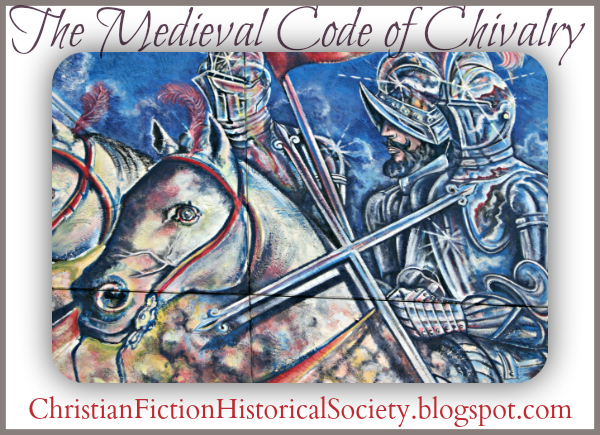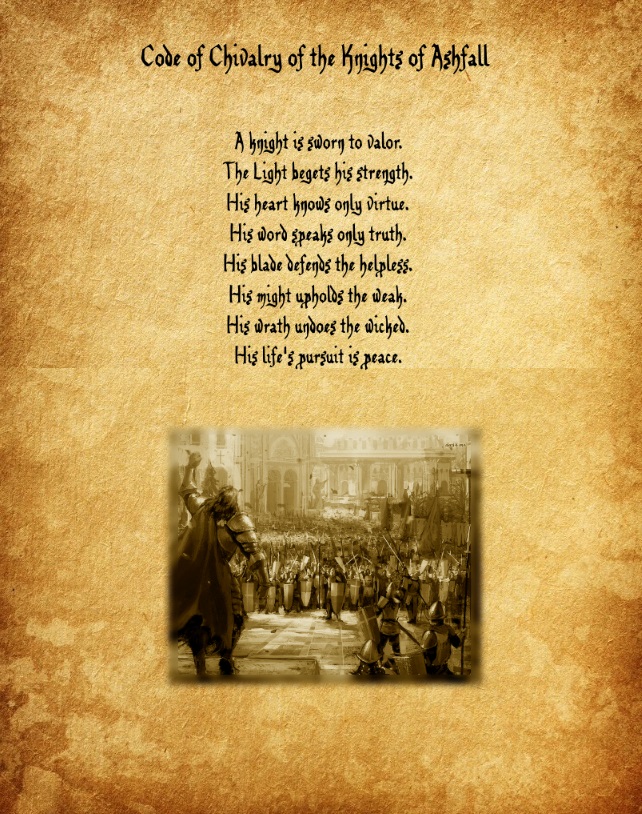

Modern man cannot help but grimace at this commandment. This commandment seems like a specific callback to the Crusades.

Thou shalt make war against the infidel without cessation, and without mercy. They require brave people, with God’s help, to commit to their cause. Fortitude is basically readiness to die or, more accurately, readiness to fall, to die, in battle.” He continues: “Readiness proves itself in taking a risk, and the culminating point of fortitude is the witness of blood.”įortitude is required of the knight because truth and goodness don’t prevail by themselves. All fortitude stands in the presence of death. Because the ultimate injury is death, it follows that “all fortitude has reference to death. Josef Pieper writes beautifully about this virtue, arguing that fortitude is nothing if not the willingness to suffer injury on behalf of a worthy cause. Who needs courage, when courage jeopardizes the ultimate point of your life, which is to consume more product? If anything, courage is a liability to contemporary man. Their total lack of interest in the topic implied that modern man thinks this virtue outdated. I’m often amused to look back on how little my educators had to say about courage. He trusted the outcome to God the knight’s duty is to summon the courage to charge. Determined to either kill or be killed, George made the sign of the cross and then charged.


This commandment is especially potent next to an image of St George not recoiling before his great enemy, the dragon of Silene. “‘Fight, God is with you.’ Such, in a few words, was the whole formula of Christian courage,” Gautier writes. Thou shalt not recoil before thine enemy. The specific circumstances will require an individualized approach, but ultimately the only real option is to fight for her and make her better. In each case, no choice presents itself other than this: be knightly and do your best to help your country find its way. Rodrigo Diaz de Vivar, William Marshal, and Sir Pelleas all face betrayal rulers and elites who have become unworthy of them. The chivalric literature features instances of knights serving under regimes gone bad. What kind of man, in most times, does not love his country? Only an oikophobe-one who despises or fears what is his own, perhaps in favor of some sort of cosmopolitan superiority.Īll of this seemed rather self-explanatory a few years back, but we have descended far enough now that the question arises: should a man properly love his country when his country has become wicked? God, his saints, and angels forbid that fair France should lose her honor on my account.” "God forbid,” Roland proclaims, on the eve of the Battle of Roncevaux Pass, “that France should be abased because of me. “She was great because they had loved her.” Count Roland, hero of the chanson de geste (song of great deeds) that bears his name, epitomizes this virtue of patriotism. “Men did not love Rome because she was great,” Chesterton writes. This love ultimately makes the country greater. Love of his home gives the knight strength to fight harder than would a mercenary who doesn’t love what he’s fighting for but only the cash he receives for his services.


 0 kommentar(er)
0 kommentar(er)
